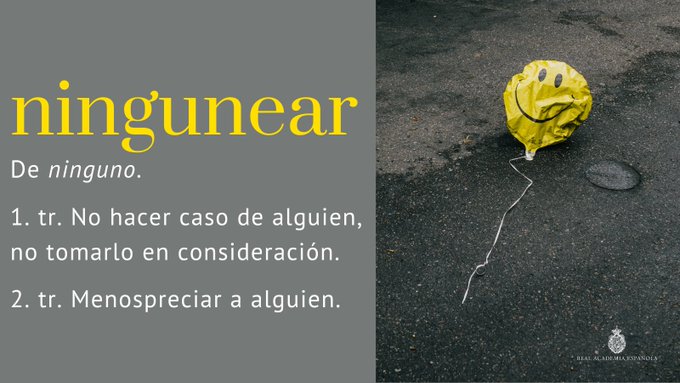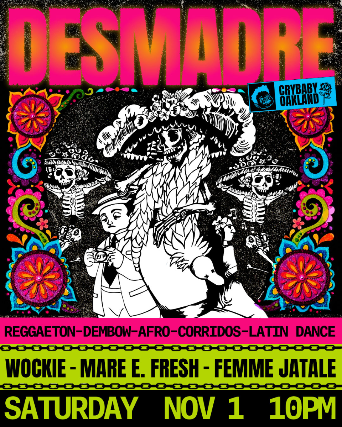Halloween and “La Noche de Brujas” — Spooky Words in Spanish
Halloween, or La Noche de Brujas in Spanish, is not originally from Latin America, but it’s now celebrated in many Spanish-speaking countries. Children dress up (se disfrazan), go from door to door asking for candy, and people decorate their homes with pumpkins and skeletons. In this post, you’ll find a big list of Halloween-related words […] More













